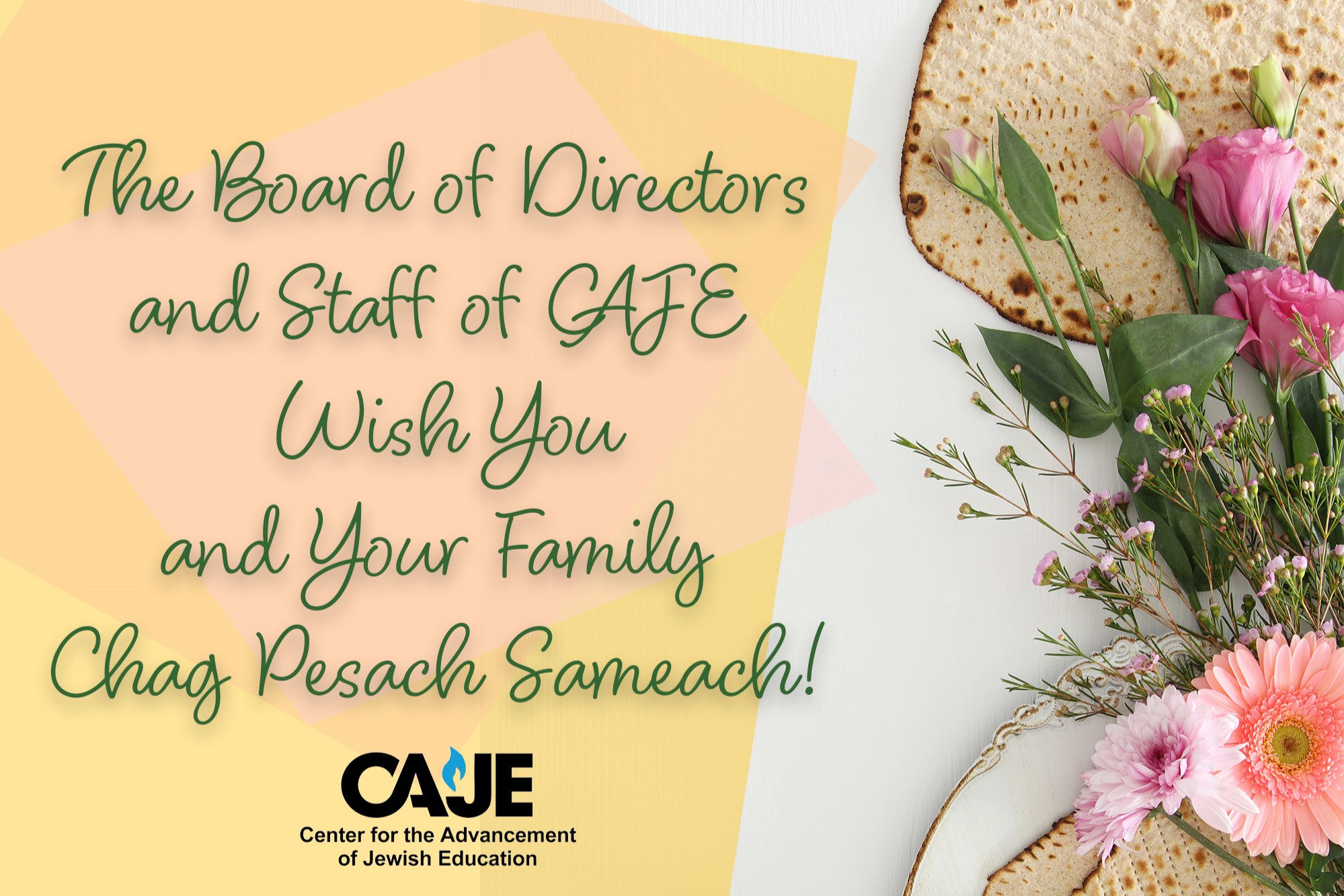Intentional Vulnerability

This week’s Dvar Torah on Parashat Eikev (Deuteronomy 7:12–11:25) was first published in The Jewish News of Northern California and written by Rabbi Shana Chandler Leon, the rabbi of Congregation Ner Tamid in the Sunset District of San Francisco. She is a graduate of the Academy for Jewish Religion California and a member of Rabbis Without Borders.

Photo by Saif Memon on Unsplash
“Circumcise the foreskin of your heart and stiffen your necks no more,” implores Moses (Deut. 10:16), attempting with all of his oratorical prowess to convince the Israelites to open themselves up — body, mind and spirit — and cleave to the God who so passionately, and often inexplicably, loves them.
The almost irrational love of God for the Jewish people is drawn in highly emotive, even alarming language.
Just before this plea to cut away the barriers of their hearts, Moses uses the language of Genesis 34 — in which Shechem pined (chashak) for Jacob’s daughter Dinah after he “took her, violated her, became attached to her and loved (vaye’e’hav) her” — to describe God’s desire for the Israelites: “[O]nly for your forefathers did God pine to love (chashak l’ahavah).”
It’s an intense, consuming love, but the Jewish people remain bound to it nonetheless, and are beckoned to pursue devekut, spiritual union with the Divine, for all of eternity.
Rabbi Mordecai Finley calls Deuteronomy 10:16 one of the most profound verses in the Tanakh.
In its exhortation to lay naked one’s heart and make supple one’s throat, it asks us to lower our defenses, to surrender, to make the leap of faith that is absolutely necessary to live a fully realized and awakened existence.
How easy it is to do nothing of the sort.
In our deeply divided time, compromise is derided, equated often with softness and frailty. Admitting mistakes, apologizing, engaging in personal growth, hearing the “opposite side” or changing one’s position invites charges of weakness and even impotence.
One of the most well-known and treasured sayings of the Kotzker Rebbe (Poland, 1787-1859) is “there is nothing more whole than a broken heart.”
Loss and pain find us all, but becoming intentionally vulnerable — “cutting away the foreskin of our own hearts” — courts potential heartache and deep heartbreak.
Through that process, however, we may become a conduit for shefa, Divine energy.
Rabbi Brant Rosen writes, “We tend to find God more often in the lowest depths rather than the highest heights. ‘Karov adonai l’mishbarei lev / God is close to the brokenhearted’ (Psalms 34:18). Perhaps it is when our hearts are broken that we have the potential to be the most spiritually open.”
Jewish males have been marked by circumcision of the foreskin for close to 4,000 years, wearing their adherence to the Covenant of Abraham on their most vulnerable anatomy, and too often hunted and destroyed because of it.
Nevertheless, and acknowledging that brit milah has been questioned and rejected by some in our day, the bris on the eighth day of a Jewish baby boy’s life remains one of the most adhered-to traditions across the Jewish world, regardless of the family’s commitment to ritual observance otherwise.
But Moses’ Deuteronomic injunction, though a metaphor, cuts even deeper.
This is no procedure performed with pomp and tradition on a newborn baby boy (though adult males who choose to be circumcised are especially noteworthy).
This is a call for the mature human being of any gender to make a voluntary transformation of the soul, to crack open the husks of habit and the ravages of rigidity that prevent us from seeing, hearing and feeling one another.
Hardened hearts bring down pharaohs, kings and civilizations. They engender and perpetuate racism and slavery, class and caste systems, brutality and repression.
Hearts that are dulled or, as Pink Floyd sang, “comfortably numb,” cannot achieve “a condition of responsive openness to God’s word” (Robert Alter, UC Berkeley).
They do not hear the cries of the oppressed, cannot endure inconvenience for the sake of their neighbors’ health and well-being, and will not answer the call for immediate change required for the survival of our planet.
An am k’sheh oref, a “stiff-necked people,” can hold its head high and with pride, even when brought to its knees.
But Moses knew our stubbornness was dead weight upon our necks. Ultimately, we must yield, look right and left, and temper the fractious and intractable positions that have led our country and our civilization to the brink.
We live in an utterly heartbreaking moment in history.
We may be sorely tempted to harden our hearts and refuse to bend, betting on that show of strength to shield us from the winds of disease and despair that threaten to blow us all away.
Jewish tradition offers us another path.
We are summoned to breathe, to feel, to open, to empathize and to receive. Only then may we become true servants of the Holy One.
Shabbat Shalom!




